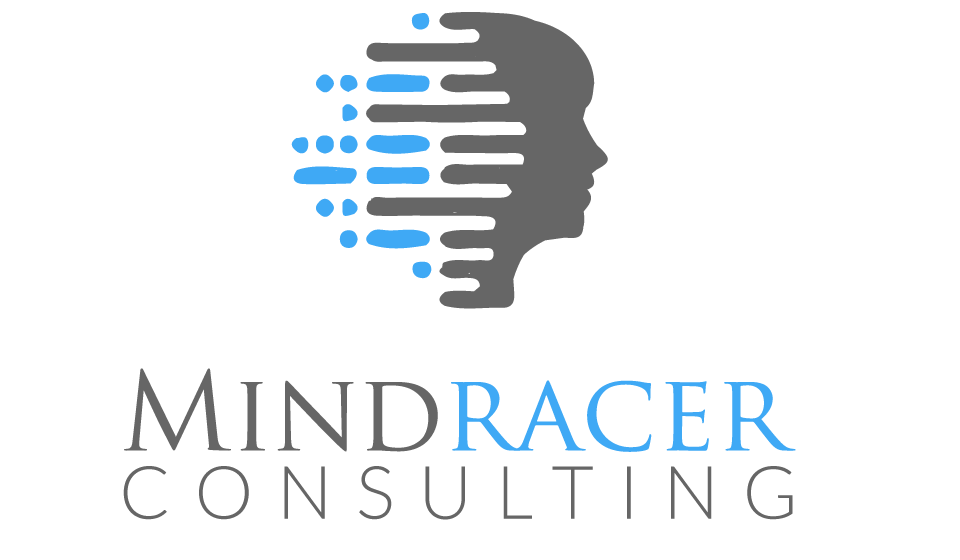5 Steps Founders Should Take When Hiring a First Salesperson
#1: Know the skills you really need
Recruiting salespeople with experience has a high investment requirement. Hiring salespeople with the wrong experience or not enough experience is very expensive. There is a huge difference between the two.
If you’re a great closer of deals, you have time to do it and you just need some help booking appointments then hire an appointment setter, or consider outsourcing this function. If you have an effective lead generation marketing strategy running, then perhaps you just need a deal closer to take the work off your plate. If you don’t identify with either of those, you’re going to need someone with experience as a self-starting, full cycle salesperson. Early-stage growth companies often fall into the trap of being sold into hiring a salesperson who’s wrong for their business, using hiring criteria like “hungry” and “determined” when they need “experienced” in the right areas.
Some key characteristics include the following:
Can explain their sales process in detail
Can explain qualification and pipeline stages clearly
Will roleplay a cold call with you on request
Makes you feel comfortable talking to them
Listens first, ask questions, doesn’t make assumptions, identifies solutions
Can give great examples of things they’ve learned from lost deals
A naturally curious, compassionate and competitive nature
Shameless. Not afraid to ask for new business and will close you on the interview
Doesn’t take rejection personally and can give good examples
#2: Create a job description, and set it in stone.
We can’t say this enough. Too often we see Founders fall in love with a candidate who promises to solve all their problems but fails at the skills the company really needs at that stage. They got distracted from their own Job Description.
To create a winning Job Description for the first salesperson really takes some self-awareness from the founding team. Bring together the various sales functions you, as a founder, and any other team members are currently performing, identify areas where you know you should be doing better, and make these into the basis of a job description. In the early days, depending on resources, the hire will most likely need to generate their own leads. Make sure, when you advertise the role, potential candidates know what they are going to do as your first salesperson, and do not compromise on the spec.
#3: Begin the search
Start looking for this person within your immediate network. Ask for referrals and recommendations. A word of caution: stick to your Job Description. A warm introduction to the wrong candidate, a “great guy/gal” in the eyes of the referrer but a bad fit for what the business needs can set a founder up for a tough experience if they let an intro override their process.
If necessary, put a request out on LinkedIn (prepare to be contacted by recruiters and salespeople looking to jump ship).
If none of that works, you may need to post a job ad out or potentially engage a recruiter. Although some charge high fees - these are oftentimes negotiable, and they should give you peace of mind that unsuitable candidates are filtered out before you meet them.
#4: Interview and shortlist
At this point in the process, you should have a pile of resumes and/or LinkedIn profiles to go through.
Look for those with the track record of being the first in a sales group and working out the sales process. These are the transferable skills you need most at the early stage because they will see things you may not, and help you navigate. Contact and interview everyone you consider viable.
Now it’s your turn to sell. Anyone considering joining an early-stage growth company as the first salesperson is going to need to know that the company is secure. They will want a clear idea of the work involved, and support/resources in place. Not everyone you want to hire will want to work for your business, so take any rejections as an opportunity to ask for referrals, especially if they’re already working in sales.
TIP: If the person seems perfect and super keen to join - this is a good time to remember to ask for references you can verify if you make an offer.
#5: Close the deal
Hiring is a sales process.
You are always pulling leads into a pipeline, qualifying them and then closing. Now is the time to close the deal. Agree on a salary and a compensation structure. Compensations structures vary massively depending on your goals, and this will need to be in place before making an offer. Finally check that their references back up their career history and success stories before proceeding.
If you get stuck with any of these steps, we can help. Contact us here.

